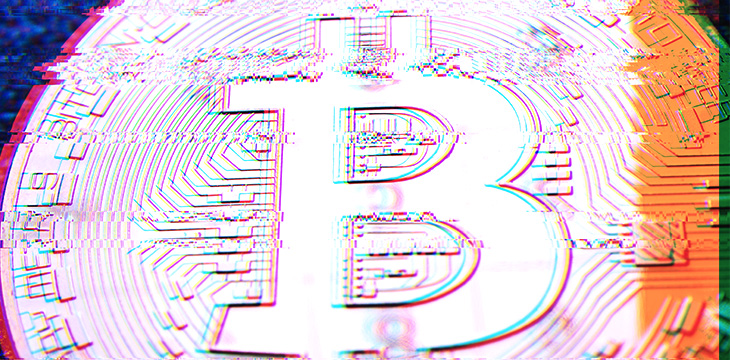|
Getting your Trinity Audio player ready...
|
It’s good to remind everyone now and then that they need to be vigilant in order to avoid frauds and scams. The Bitcoin industry has certainly seen its fair share of theft through different scams, usually perpetrated by the same type of mentally-challenged individuals that steal identities and purses from little old ladies in shopping malls. Fortunately, the crypto community is wiser now, but there are still a number of scams that need to be highlighted.
An email has been circulating for a while now that claims the MyEtherWallet servers have been breached. The email attempts to have recipients provide valid login details in order to determine whether or not he or she was a target, but anyone with at least half a brain should know that there isn’t a single reputable company that would request this info through an email. Non-reputable companies certainly would, but hopefully these are already being avoided.
An email informs recipients that their version of the Electrum Wallet needs to be updated to 4.0. It’s always nice when a company lets its users know when a new version of their software is out, but, in Electrum’s case, the most recent version is only 3.3.3. Download the attached 4.0 version and presto-chango, you no longer have control of your wallet. Don’t ever upgrade anything based on an email—visit the website and confirm the details. It only takes about four extra seconds.
Fake initial coin offerings (ICOs)—and even some legitimate ICOs—are criminal enterprises. They try to sell tokens that don’t exist and an ICO is another term for “we’re going to take all your funds and not give you anything in return.”
A scam that has been around since the typewriter era has been adapted for crypto. If you receive an email telling you that you have won an impressive amount of money and only have to pay the taxes first, don’t fall for it. Given that it has been seen for so long should mean that most people wouldn’t buy into it, but apparently some do, or it wouldn’t still exist.
Rounding out the list, the classic sextortion phishing scam. An email lets you know that a hacker has broken into your account and has hijacked compromising pictures that will be released unless a ransom is paid. Hit the delete button and move on before you do something you regret.
Most phishing scams are obvious frauds—they contain poor grammar and spelling that should give them away. They’re always good for a quick laugh, though, at the expense of the ignorance of the scam’s creator.

 02-26-2026
02-26-2026 




